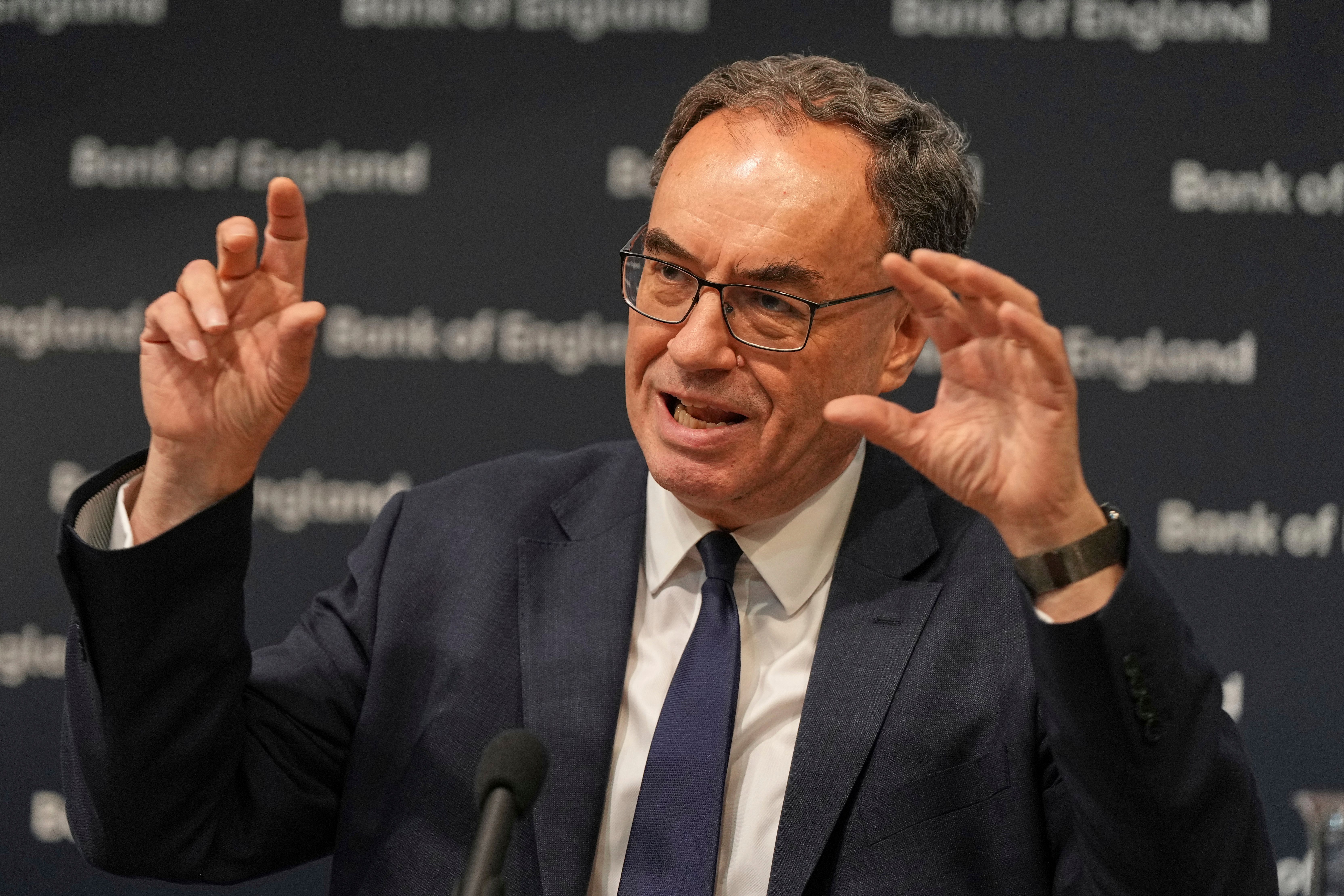
Governor Andrew Bailey of the Bank of England has raised concerns about the issuance of stablecoins by financial institutions, citing potential risks to the stability of the financial system. He emphasized that banks should prioritize developing tokenized deposits instead of creating their own stablecoins, advocating for enhanced regulatory oversight of such digital currency developments.
Bailey’s remarks reflect a notable divergence from the pro-crypto stance adopted by the Trump administration in the U.S., which supports regulations that would facilitate the adoption of cryptocurrencies by traditional banks.
Bailey noted:
“Stablecoins are proposed to have the characteristics of money; that money is a medium of exchange. Therefore, they really do have to have the characteristics of money and they have to maintain their nominal value. We are going to have to look at it very closely through that lens. It’s both a financial stability issue and a money issue in that sense.”
Moreover, the U.S. Congress is considering the Genius Act, a bill that could allow commercial banks like JPMorgan and Citi to issue their own stablecoins, potentially widening the gap between U.S. and U.K. regulatory approaches in the financial sector.
In contrast, Bailey implied that enhancing the UK’s digital banking capabilities may be more beneficial than following suit with a central bank digital currency, unlike the European Central Bank’s forthcoming plans.
The push for digital finance in the U.S. has intensified, particularly as values of cryptocurrencies such as Bitcoin experience significant rises amid speculation surrounding new legislation.


